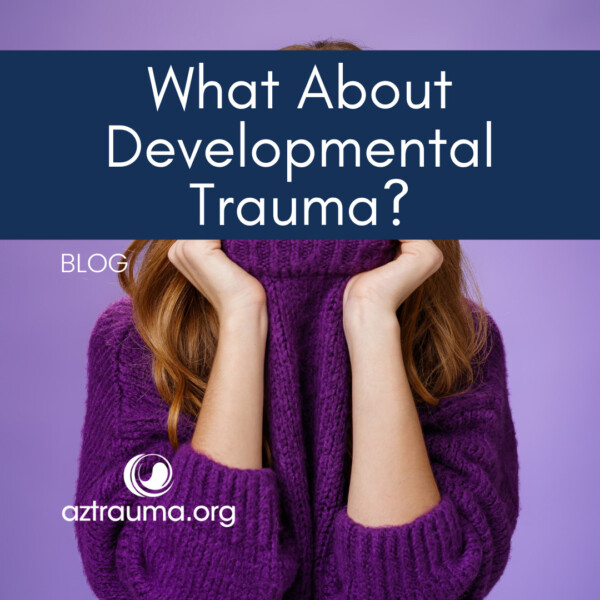It is estimated that 95% of the thoughts we have each day are the same thoughts we had yesterday.
This means that most of our thoughts are not helpful, tend to be habitual, and are not part of our conscious awareness and that may even be harmful. Do you ever feel like you’re your own worst enemy? That no matter how hard you try, you just can’t seem to break through your own self-imposed barriers? This can be difficult for all people, but it is especially difficult for those that have experienced developmental trauma and grew to maturity in a toxic stress environment.
Developmental trauma is one of the most common forms of complex trauma.
In a sense, it has the tendency to complicate growth and emotional maturity, by building sturdy barriers in our nervous system. Barriers built of neuropathways have been developed and become automatic emotions, thinking, and behavior based on our learning histories. These barriers increase the difficulty we experience trying to move on from traumatic experiences, have satisfying relationships, and feel a sense of worth because of our contributions to the world. Memories and emotions can keep us stuck in neurobiological patterns of the past, preventing us from living our best lives. This is true of many people’s experiences in life; however, these patterns are especially prominent in your trauma client.
These negative thoughts can lead to anxiety, depression, low self-esteem, and a host of other problems.
Our vulnerable trauma clients experience a number of strong, often debilitating negative beliefs, please know it’s not their fault. These are some of the most insidious and damaging consequences of a trauma learning history and are the very foundation of our sense of self is corroded by interactions with a toxic environment which lead to a life of self-sabotaging thinking and behavior. Traumatic experiences often have a lasting impact on the lives of those that experience a combination of these environments as they were maturing. Traumatic environments are any environment that is Chaotic, Aggressive, Punitive, Unstructured, and unpredictable. Developmental or complex trauma clients often feel like they’re not good enough or that they will never be happy.
For children, environments of toxic stress, are usually related to emotionally dysregulated or inconsistently stable adults. This puts children on the pathway of becoming full of self-doubt, often responding to environmental stress through immature attempts to gain some control of their lives. These responses are often thought of by adults and authority figures as bad behavior. Children shut down, and disconnect emotionally and psychologically to reduce the risk of further hurt. This process begins very early, often prenatally, and then gets increasingly practiced and exercised in early developmental life.
“We were built to overlearn from negative experiences, but under learn from positive ones.” Hanson, R. (2016). Hardwiring happiness: The new brain science of contentment, calm, and confidence. Harmony.
Every system wants to work with the child, to “fix” the child.
Essentially what they really want is a child that is compliant and acquiescent. In reality, children are not designed to out-regulate the adults in their lives. The system always wants to lay the burden of change on the child rather than where it needs to be on the shoulders of the adults, be they teachers, ministers, parents, or community members. I invite you all to expand your understanding of developmental trauma and become active in helping the adults in your world live intentional planful lives, rather than reactive stress-generating lives, which are bad for all parties in those environments.

Written by Robert Rhoton Psy D., LPC, D.A.A.E.T.S.
Dr. Robert Rhoton, CEO of Arizona Trauma Institute and President at the Trauma Institute International possesses a rich history of experience in the mental health field.



